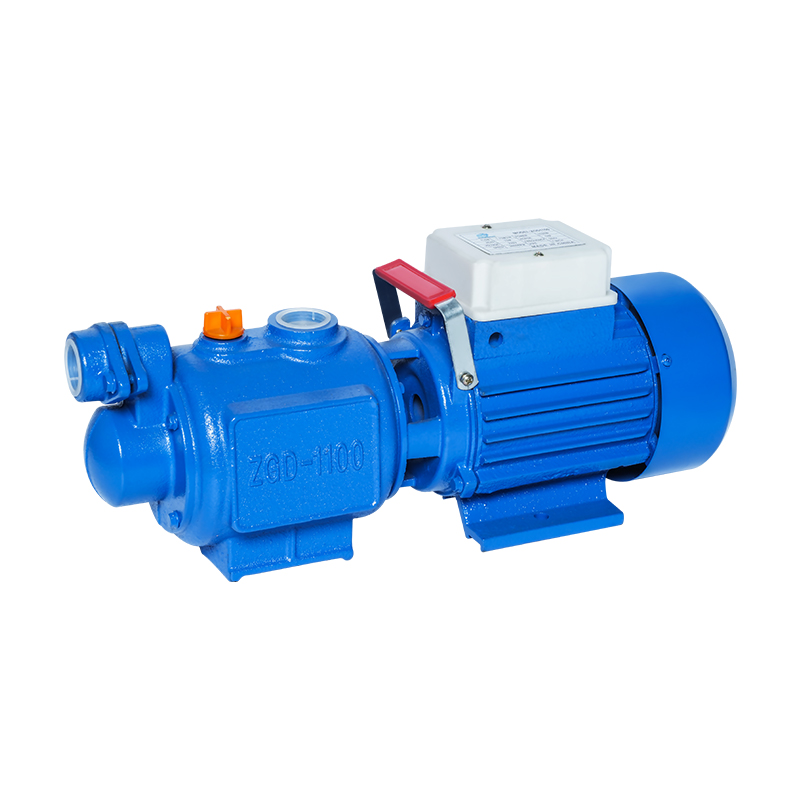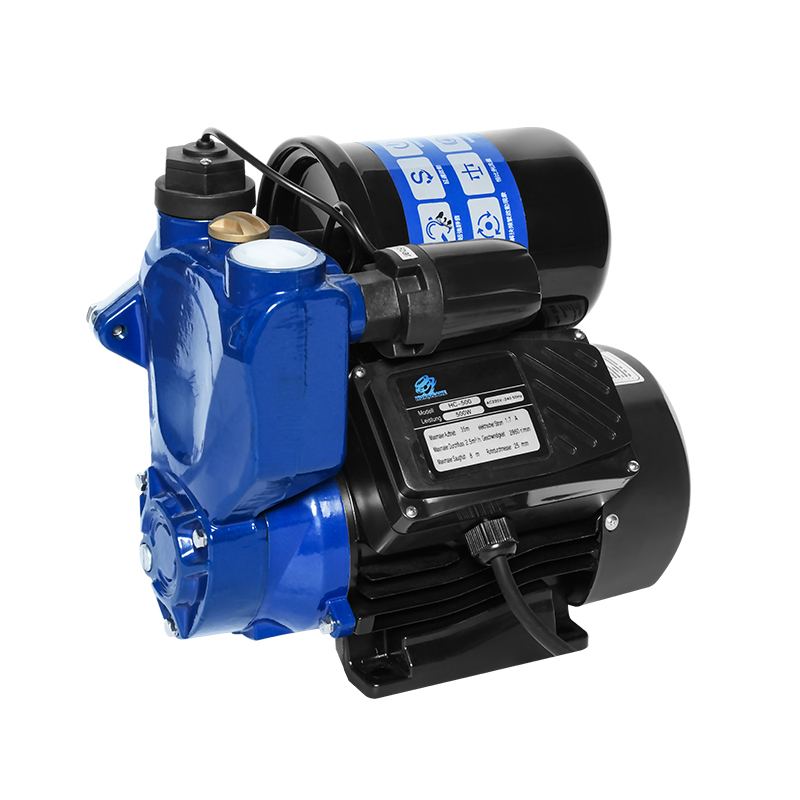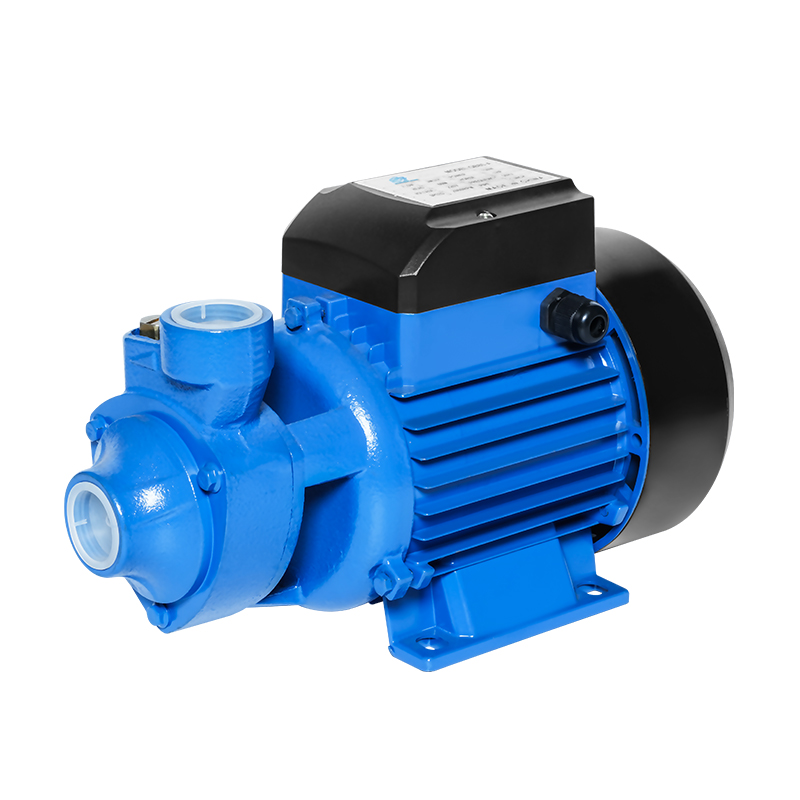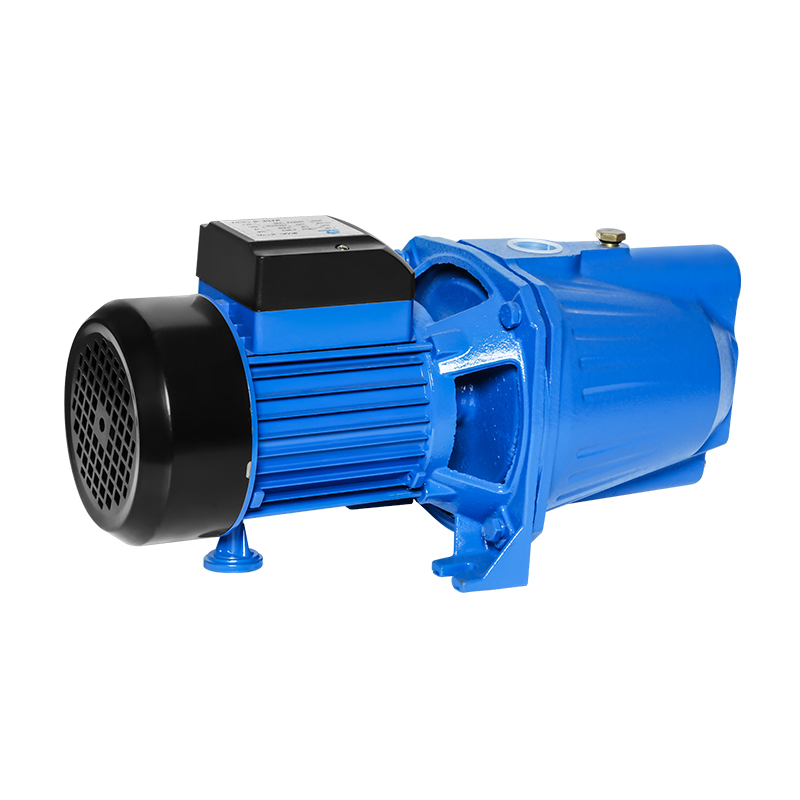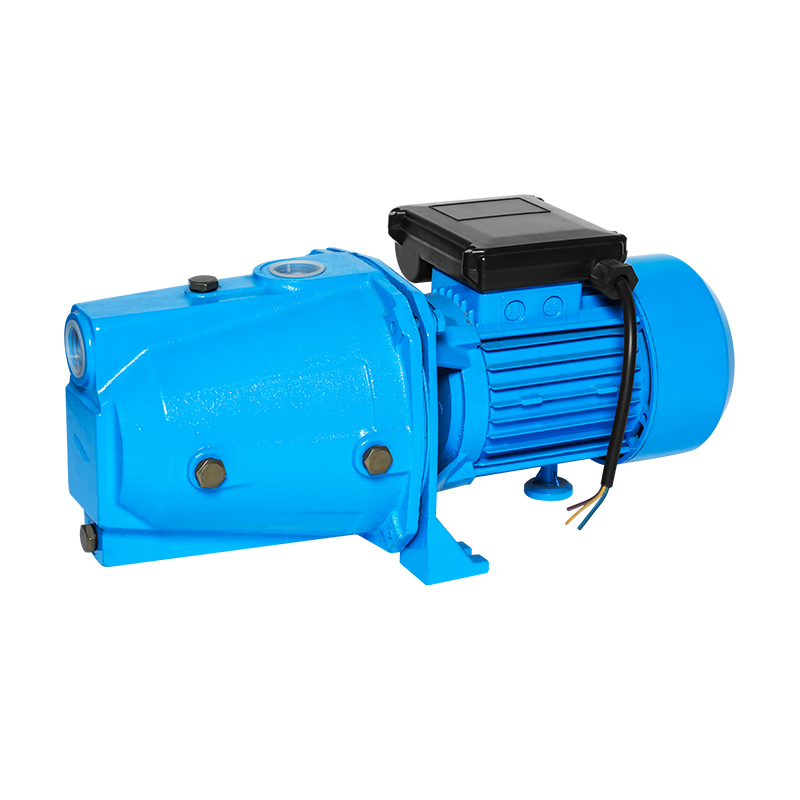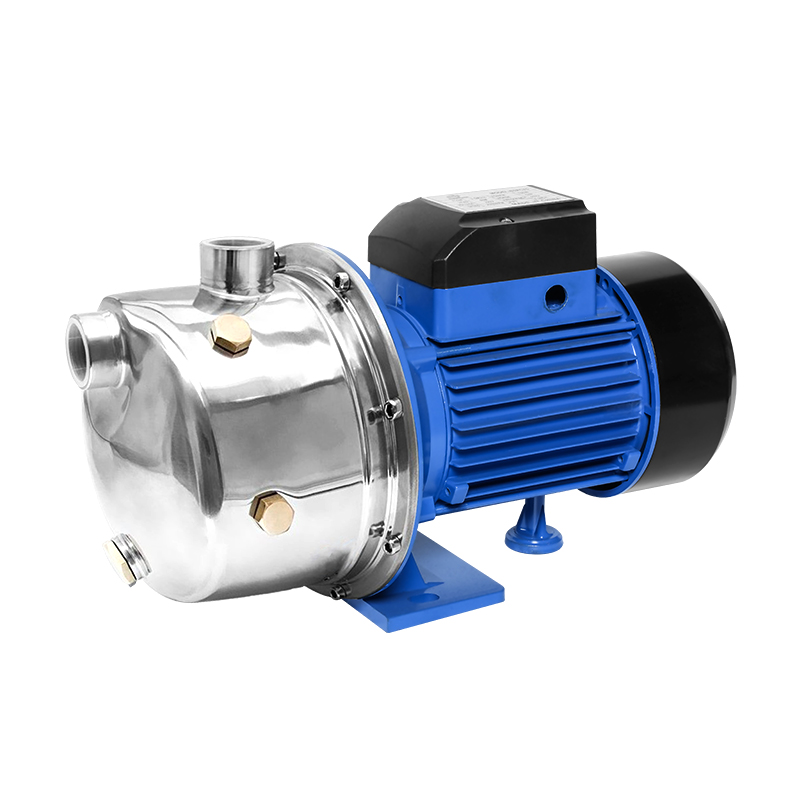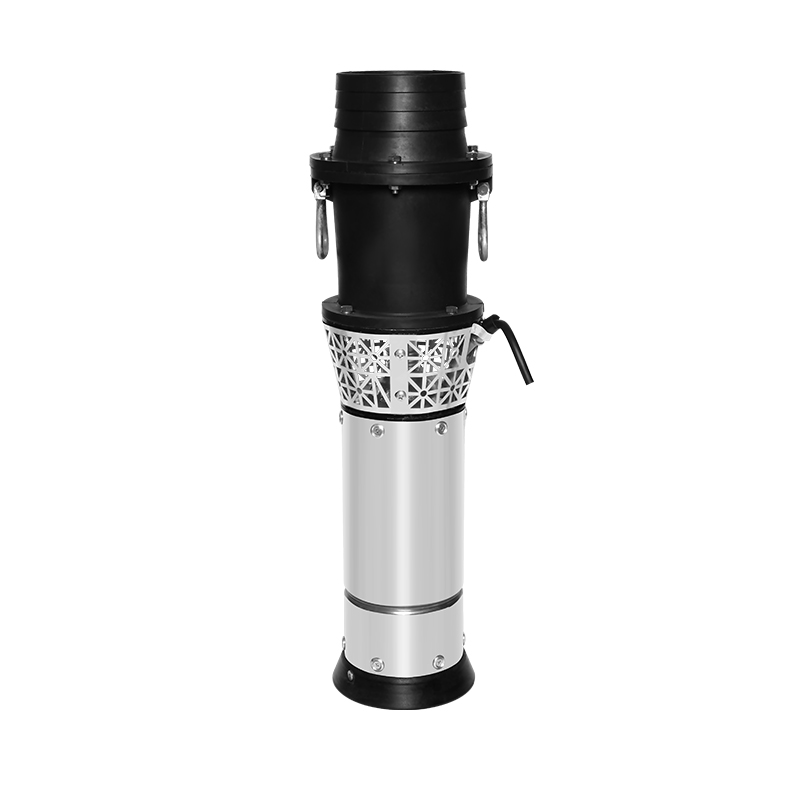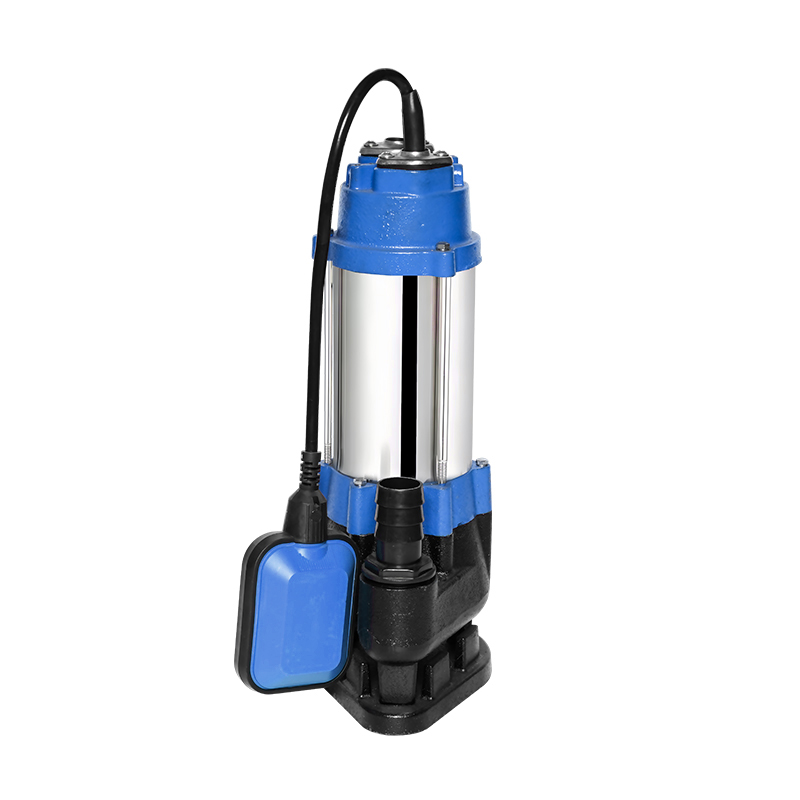What Are the Differences Between Electric and Gas-Powered High Pressure Water Pumps?
A High Pressure Water Pump is an essential tool for various cleaning, irrigation, and industrial applications. When choosing a High Pressure Water Pump, two common types often come into consideration: electric-powered and gas-powered pumps. Each type has unique characteristics that make it suitable for specific situations. Understanding the differences between electric and gas-powered high pressure water pumps helps users select the right equipment for their needs.
One of the main distinctions between electric and gas-powered High Pressure Water Pumps is their power source. Electric pumps operate using electricity, either from a direct connection to a power outlet or from a battery. Gas-powered pumps, on the other hand, run on gasoline, making them independent of electrical power sources. This fundamental difference influences the portability, convenience, and usage environment for each pump type.
Electric High Pressure Water Pumps tend to be quieter during operation compared to their gas counterparts. This makes electric pumps suitable for residential areas or places where noise restrictions are in place. The quieter operation is a result of electric motors producing less mechanical noise than internal combustion engines used in gas-powered pumps.
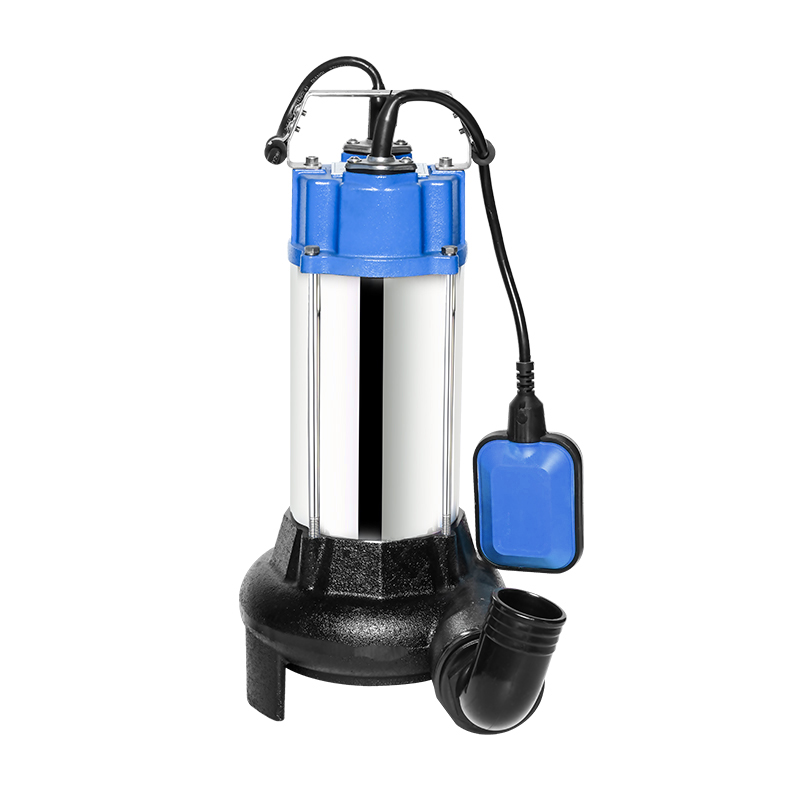
In terms of maintenance, electric pumps generally require less upkeep. Without a combustion engine, electric High Pressure Water Pumps do not need oil changes, spark plug replacements, or fuel system cleaning. This reduces the time and cost involved in keeping the pump operational. Conversely, gas-powered pumps need regular maintenance to ensure the engine runs smoothly, which may involve checking fuel levels, changing oil, and cleaning air filters.
Portability is another factor where the two types differ. Gas-powered High Pressure Water Pumps are often preferred in remote locations or outdoor sites where electrical outlets are unavailable. Their independence from electrical connections allows users to carry and operate the pump virtually anywhere. Electric pumps, however, rely on a power source or battery life, which may limit their use in off-grid areas unless additional equipment like generators or large batteries are used.
Performance and power output can also vary. Gas-powered pumps often deliver higher pressure and flow rates, making them suitable for heavy-duty tasks such as industrial cleaning or agricultural irrigation. Electric pumps may offer adequate power for light to medium jobs but could be limited in applications requiring prolonged or intense use. However, advances in electric motor technology have improved the power capabilities of electric pumps in recent years.
Another consideration is the environmental impact. Electric High Pressure Water Pumps do not emit exhaust gases during operation, making them more environmentally friendly and suitable for indoor or enclosed spaces. Gas-powered pumps emit carbon monoxide and other pollutants, which require careful ventilation and adherence to safety standards when used indoors.
Cost is also a factor when choosing between these two types. Electric High Pressure Water Pumps typically have lower initial costs and reduced operating expenses due to cheaper electricity compared to gasoline fuel. Gas-powered pumps may cost more upfront and incur ongoing fuel and maintenance expenses, but their versatility in locations without a power supply can justify the investment.
The choice between electric and gas-powered High Pressure Water Pumps depends on factors such as location, noise tolerance, maintenance capability, power requirements, and environmental considerations. Electric pumps offer quiet operation, lower maintenance, and cleaner energy use, making them suitable for residential and controlled environments. Gas-powered pumps provide greater mobility and power for demanding outdoor applications but require more care and produce emissions.
Understanding these differences helps users select a High Pressure Water Pump that fits their specific needs, ensuring efficient and effective operation in various settings.


